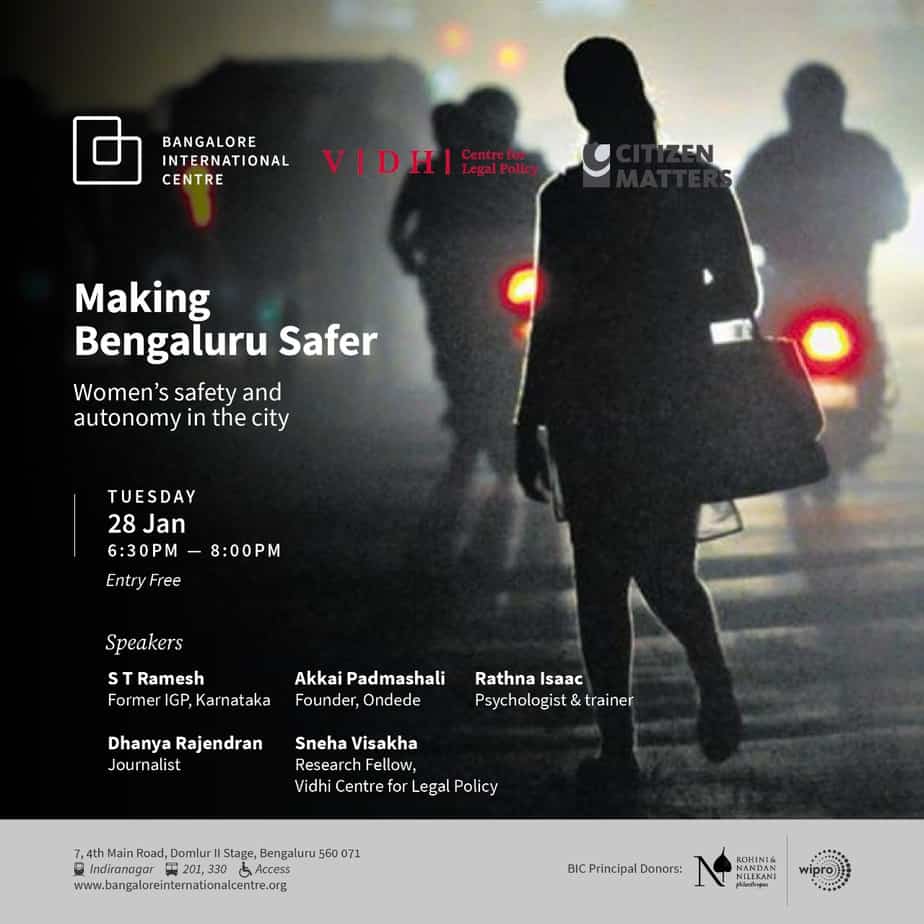
In the last few years, from Nirbhaya to Disha, from Delhi to Hyderabad — with Kathua, Unnao, Chennai, Jaipur and countless others in between — the spate of gender crimes seems to continue unabated.
What, and who, then, can we rely on for long-term solutions to this huge threat to the security and safety of women, that we seem to be unable to eliminate or even reduce?
Earlier this month, we focused on ‘Safety of women in Indian cities’ as part of our special project. We explored the topic in depth through reportage, data, interactions and op-eds.
We looked at how easy (or not) it is for women to report crimes, the roadblocks to speedy justice, why ‘Fast Track Courts’ have not delivered, why forensics isn’t leading to convictions in rape cases, and how Indian states have put the Nirbhaya Funds to use.
We also highlighted some initiatives and interventions meant to address the problem, and examined the extent of their success. There are helplines (Bengaluru, Chennai), initiatives from police, organisations helping boys and men become change agents, and more.
But what more needs to be done – from simple fixes like design of safer public spaces, to fixing more deep rooted problems through education or changes in law?
Continuing the dialogue, we are pleased to invite you to a special panel discussion. The panel, comprised of eminent individuals who have followed and worked on issues of gender safety and inclusion, will discuss root causes and solutions.
The panelists are:
- S T Ramesh, Former IGP, Karnataka
- Akkai Padmashali, Founder, Ondede
- Rathna Isaac, Psychologist and Trainer
- Dhanya Rajendran, Journalist
- Sneha Visakha, Research Fellow, Vidhi Centre for Legal Policy
| Making Bengaluru Safer – Women’s safety and autonomy in the city
Date: Tuesday, 28 January, 2020 Time: 6:30 pm – 8:00 pm Venue: Bangalore International Centre, Domlur, Bengaluru |
More details: Making Bengaluru safer
This panel discussion is part of the public engagement initiative Bengaluru Solutions Series on issues in the city, anchored by Citizen Matters and Vidhi Centre for Legal Policy.